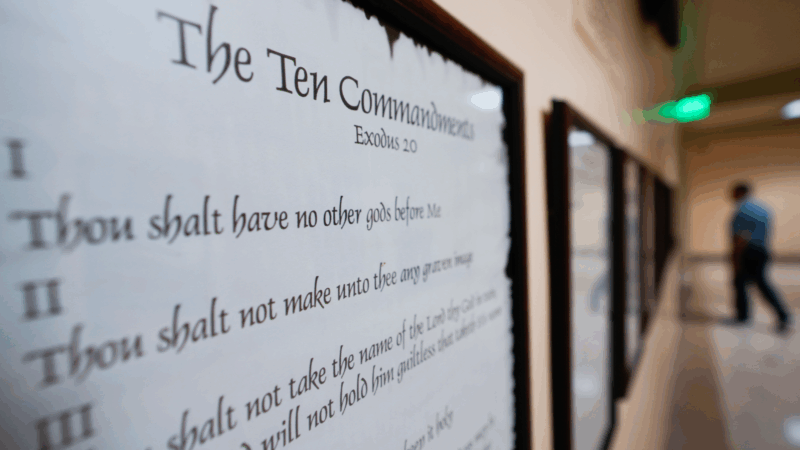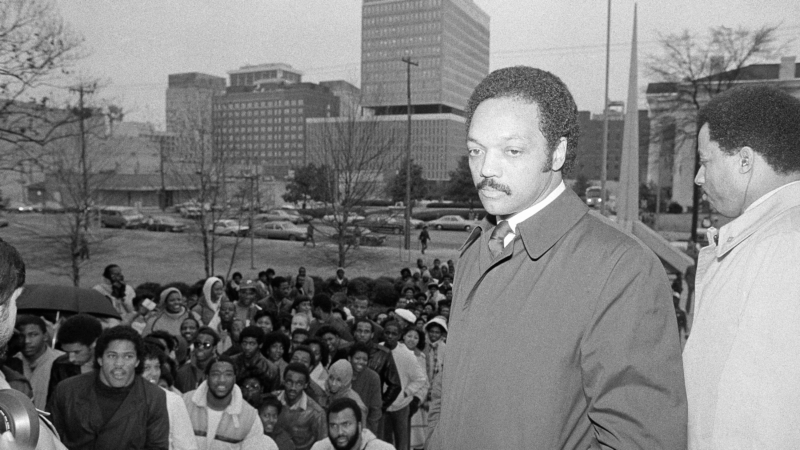Parole Hearings Will Resume With “Reduced Person-To-Person Interaction”
The Alabama Bureau of Pardons and Paroles (APBB) will resume parole hearings May 18 after stopping them last month in response to the spread of COVID-19.
Officials made the announcement Monday immediately after Gov. Kay Ivey issued a supplemental emergency proclamation directing the bureau to resume hearings in a “manner that reduces person-to-person interaction.”
For weeks, advocates and legal groups have repeatedly called on the state to not only re-start but expedite parole hearings using social distancing measures. They say COVID-19 could spread rapidly inside overcrowded state prisons, where people have limited access to medical care and good hygiene can be extremely difficult.
In a letter to Gov. Ivey, a group of law school faculty members and former prosecutors said the parole board should prioritize the release of inmates at high risk for COVID-19.
“Alabama should recognize the parole system as one avenue through which to ameliorate the public-health threat posed by our overcrowded prisons,” the letter states.
Charles Graddick, director of the Bureau of Pardons and Paroles, previously said having hearings without in-person public participation is complicated by “stringent laws governing the Board’s hearing process.” He specifically cited a 30-day requirement to notify crime victims and officials and give them the opportunity to participate. Incarcerated people eligible for parole are not allowed to attend their own parole hearings.
In a statement Monday, Graddick said Gov. Ivey’s emergency proclamation “clears the way for the resumption of hearings.”
Nearly 4,000 inmates are eligible and awaiting a parole hearing, according to a report by the ACLU of Alabama released last week. The halt in paroles due to COVID-19 is the latest delay after a recent shake-up in the ABPP and a significant reduction in the rate of people granted early release.
In a statement, ACLU of Alabama executive director Randall Marshall said he is glad parole hearings will resume, but they should be starting sooner than May 18, especially with the threat of the coronavirus spreading inside prisons.
When hearings start next month, the three-member parole board will still meet in person to make decisions, but hearings will not be open to the public. Officials, family members, crime victims and interested parties can provide statements of support or opposition to the board via mail, email, or phone.
Officials say a schedule will soon be posted online. They say minutes will be posted on the ABPP website within 12 hours of the hearings.
Court clears way for Louisiana law requiring Ten Commandments in classrooms to take effect
The 5th U.S. Circuit Court of Appeals has cleared the way for a Louisiana law requiring displays of the Ten Commandments in public classrooms to take effect.
From cubicles to kitchens: How empty offices are becoming homes
Many U.S. cities have too many office buildings and not enough homes. Developers are now converting some old offices into apartments and condos, but it's going slowly.
Opinion: The enduring dignity of Jesse Jackson
Rev. Jesse Jackson died this week at age 84. NPR's Scott Simon remembers covering Jackson's 1984 presidential campaign in Mississippi.
A huge study finds a link between cannabis use in teens and psychosis later
Researchers followed more than 400,000 teens until they were adults. It found that those who used marijuana were more likely to develop serious mental illness, as well as depression and anxiety.
‘Given a gun and sent to die’: Kenyans lured to fight for Russia in Ukraine
Kenya's intelligence service warns that over 1,000 citizens may have been recruited to fight for Russia in Ukraine, many under false pretenses.
With U.S. forces in position, Trump mulls his options for Iran
President Trump says he hasn't decided whether to attack Iran. While he weighs his options, a military buildup over the past month means the U.S. now has an expansive presence in the region.






